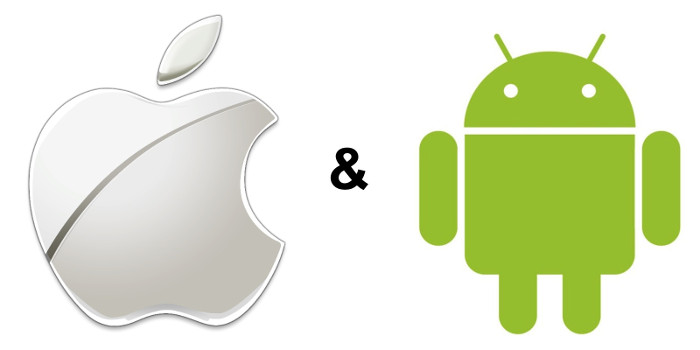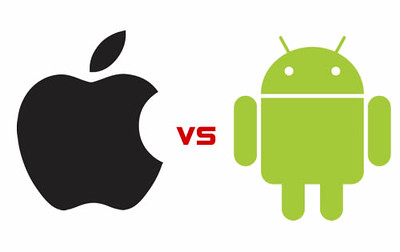Introduction: Choosing between iOS and Android is like picking between two great travel destinations—they both offer incredible experiences, but it all depends on what you’re looking for. Whether you’re a tech enthusiast, a busy professional, or just someone who wants a reliable phone, the decision can feel overwhelming. Let’s break it down into the key differences to help you make the best choice for your needs.
1. User Experience: Simplicity vs. Customization
- iOS: Known for its simplicity, iOS offers a clean and intuitive interface that’s perfect for those who prefer a straightforward experience. It’s ideal if you want your phone to “just work” without tinkering.
- Android: If you love personalizing your device, Android is the way to go. From custom widgets to multiple launcher options, Android lets you tailor your experience exactly how you want it.
2. Device Variety: One Size vs. All Sizes
- iOS: Apple focuses on a few models, ensuring tight integration between hardware and software. This means you’ll get consistent performance across the board, but fewer options in terms of price and design.
- Android: With hundreds of devices from brands like Samsung, Google, and OnePlus, Android caters to every budget and preference. Whether you’re after a budget-friendly phone or a high-end flagship, there’s something for everyone.
3. App Ecosystem: Quality vs. Quantity
- iOS: The App Store is known for its strict quality control, resulting in fewer but more polished apps. If you value high-quality apps and early access to new releases, iOS might be the better choice.
- Android: With a wider selection on the Google Play Store, Android offers more variety. It’s perfect for users who enjoy exploring niche apps and games.

4. Updates and Longevity: Speed vs. Variety
- iOS: Apple’s devices receive updates simultaneously, often supporting models up to 5-6 years old. If you want long-term support, iOS excels here.
- Android: Updates vary depending on the manufacturer, with some brands offering better support than others. If you choose a flagship device, you’re more likely to get consistent updates.
5. Integration: The Apple Ecosystem vs. Google’s Flexibility
- iOS: If you already own other Apple devices, iOS seamlessly connects with them through features like AirDrop, iCloud, and Handoff. It’s perfect for those invested in the Apple ecosystem.
- Android: While Android doesn’t offer a single-brand ecosystem, it excels in flexibility. You can connect with a wider range of third-party devices and services, making it ideal for users who value freedom over exclusivity.
Conclusion: Finding Your Perfect Fit The iOS vs. Android debate ultimately boils down to your preferences and lifestyle. If you prioritize simplicity, premium design, and integration, iOS is a fantastic choice. On the other hand, if customization, variety, and flexibility are more your style, Android is hard to beat.
No matter which you choose, both platforms have matured into excellent options for modern users. So, take your pick and enjoy the tech journey that lies ahead!
